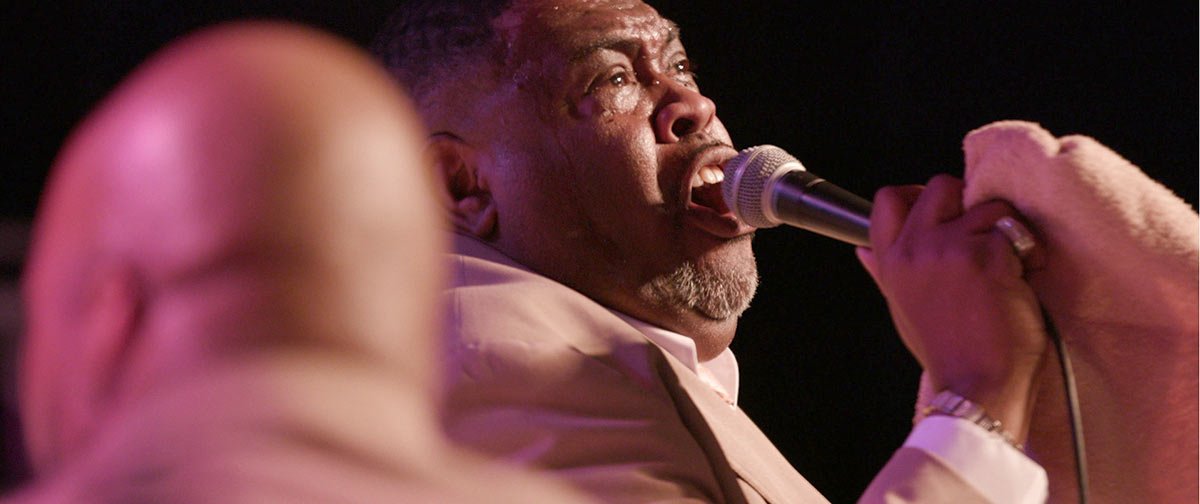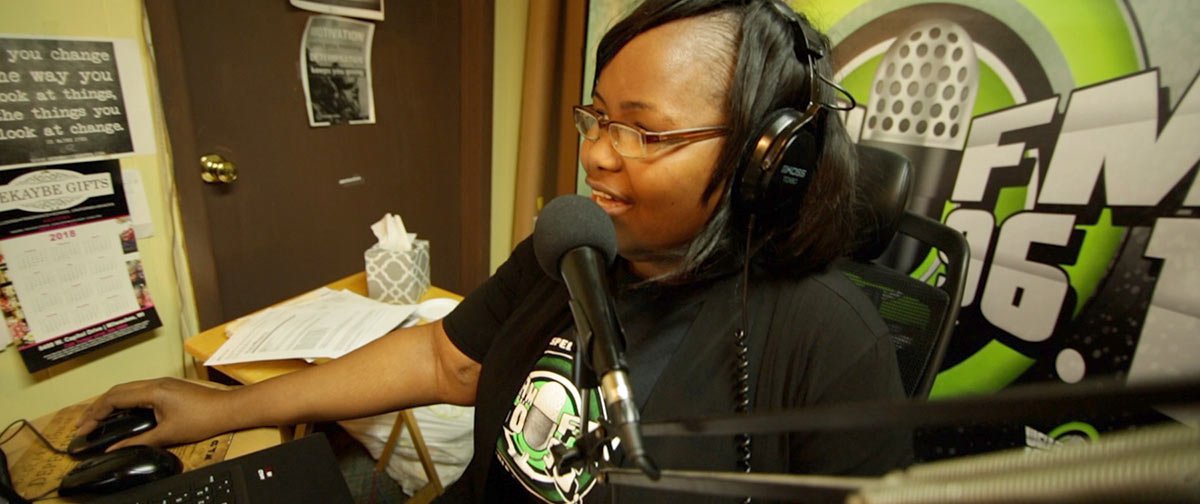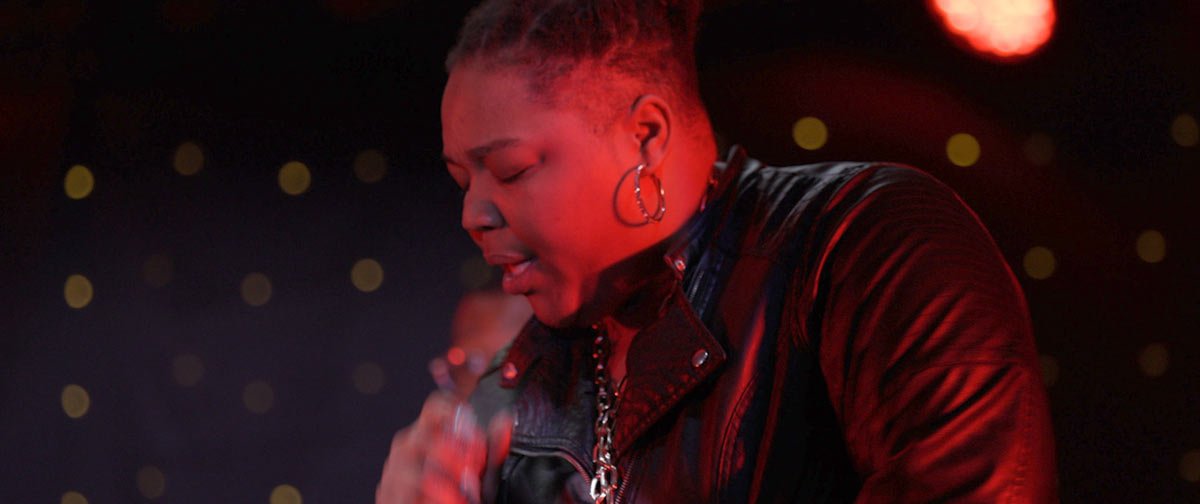Tickets go on sale on Friday, February 19th
Sat Feb 29, 2020 – 12:00 pm | La Casa Grande
Real Soul: A Gospel Music Story
Directed by Daniel Andera
Documentary Feature
USA | 79 min | 2020
Daniel Andera is a director and cinematographer based in Milwaukee, WI with over 25 years in the production community. Real Soul: A Gospel Music Story is his debut feature as a director.
The moderated Q&A session with filmmakers from:
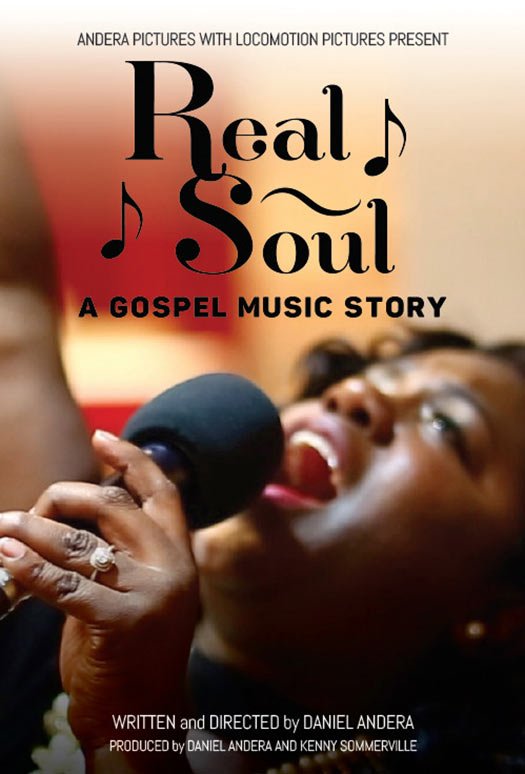
Director Statement
The Road Up begins in January 2016, when our characters’ histories, habits, and choices have brought them all—along with twenty-five other Chicagoans—to the same place: a large conference room at Cara, a highly regarded job training program in the city’s South Loop. Cara provides services and opportunities for adults who face barriers to employment. Its goal is to place their “students” in jobs they’re expected to hold for at least a year. But first, every Cara participant has to get through a month-long “boot camp” called Transformations. And that’s where Mr. Jesse comes in.
Equal parts preacher, teacher, comedian, and coach, Jesse Teverbaugh developed and runs the Transformations class. Jesse treats every four-week session like a boxer entering the ring, exhausting himself in an effort to spark some hope in the hearts of his students, a sense of possibility that most have long since lost. For many, he becomes a surrogate father, building them up, but also calling them out. While profoundly sensitive to the pain and trauma they’ve endured, he has little patience for excuses. It’s a “tough love” approach—emphasis on “love”—firmly grounded in the reality of the jobs he’s preparing them for. He knows they have no safety net, no room for error; one misstep—showing up late for work, mouthing off to a supervisor—can get them fired, reigniting a cycle that might land them back in a shelter, a trap house, or a prison cell.
Jesse’s lessons form the narrative spine of The Road Up. Some are designed to unleash long-suppressed emotions. Others are cautionary tales. What connects them all is his insistence that it’s not “job skills”, traditionally defined, that will transform his students’ lives, but rather the fundamentally human ingredients that are all too often ignored in programs like this one: connection, community, self-control, love, and most importantly, hope. These lessons are then reflected in the lives of our four “student” characters—Kristen, Alisa, Clarence, and Tamala—whose journeys during and after Transformations are woven throughout the film.
When we began pre-production on The Road Up back in 2014, our goal seemed fairly straightforward: to capture the inner workings of a successful job training program, while upending stereotypes about a population too easily—and too often—ignored. Six years in, that goal still guides the project, but as inevitably happens, our deepening engagement with both our characters and the issues they face has added scope and nuance to what we hope to communicate.
Even before COVID-19, a staggering number of American workers were trapped in a kind of economic purgatory, unable to get—or keep—a job that could help them escape poverty. Now, the pandemic has left millions more unemployed, exposing the precariousness of the workforce, and magnifying the urgency of job training as an issue.
But what can be done? On the one hand, these challenges are the result of huge, systemic forces: racial segregation, mass incarceration, epidemics of addiction, technological change, inequality, and a frayed social safety net. On the other hand, none of these problems will be solved by tomorrow morning, and we all have to get through the day.
Like the issue itself, Cara exists right at the intersection of the personal and the structural. For the population it serves, the obstacles are so varied and hard to overcome that the formula most traditional job training programs follow—acquire some skills, find a job, and everything else will fall into place—simply doesn’t work. Often, it’s easier to return to the familiar chaos of life in the streets, or succumb to the omnipresent beast of addiction, than to adjust to the constraints and stresses of the workplace.
That’s why Cara’s model is so timely and compelling. It essentially flips the script on the traditional formula, making the case that the first step on the road up isn’t finding employment, it’s finding hope, connection, and community. What some dismiss as “soft skills,” Cara calls “harder skills”: conflict resolution, impulse control, even the ability to express love and accept it in return. To Cara, these are the essential skills that give their students the resilience they need to persist, and ultimately to thrive. By explicitly and emphatically stressing the “love” in “tough love,” Cara’s model pointedly critiques how we approach the entire issue of job training in America, essentially asking the question, “what if we’ve had it wrong all along?”
By capturing the emotion and complexity of our characters’ struggles, we hope The Road Up will spur audiences to question their own assumptions about the population Cara serves, and what can and should be done to help them. In many ways, we have come to see The Road Up as the third installment of a kind of accidental trilogy, an ongoing story we didn’t even realize we were telling. While our previous feature documentaries—Louder Than a Bomb and No Small Matter—seem to have little in common with this one in terms of style and subject matter, they all deal in one form or another with innovative ways to address urgent issues of poverty, inequality of opportunity, and isolation. And yet the theme that truly connects them is about as old as it gets—the transformative power of connection, community, and love.
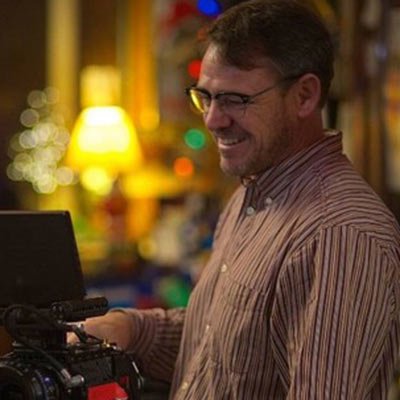 Daniel Andera
Daniel Andera
Director
Daniel Andera is a director and cinematographer based in Milwaukee, WI with over 25 years in the production community. Real Soul: A Gospel Music Story is his debut feature as a director.

